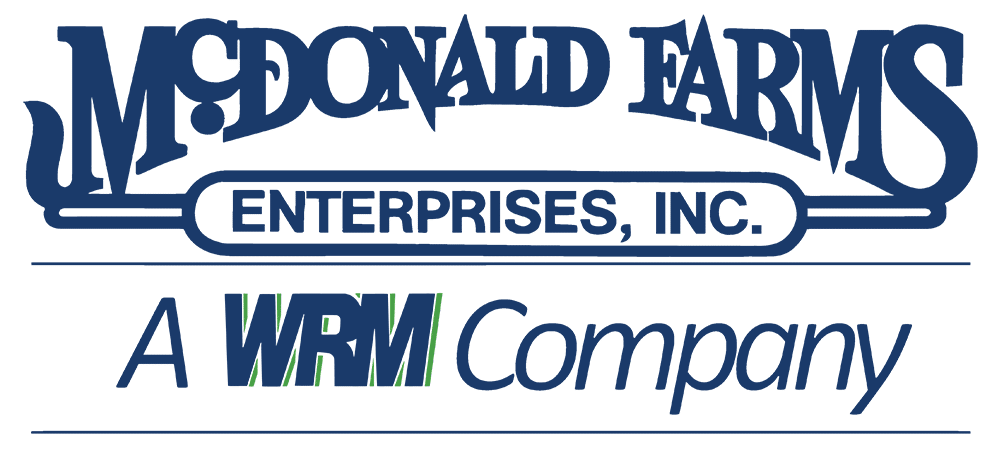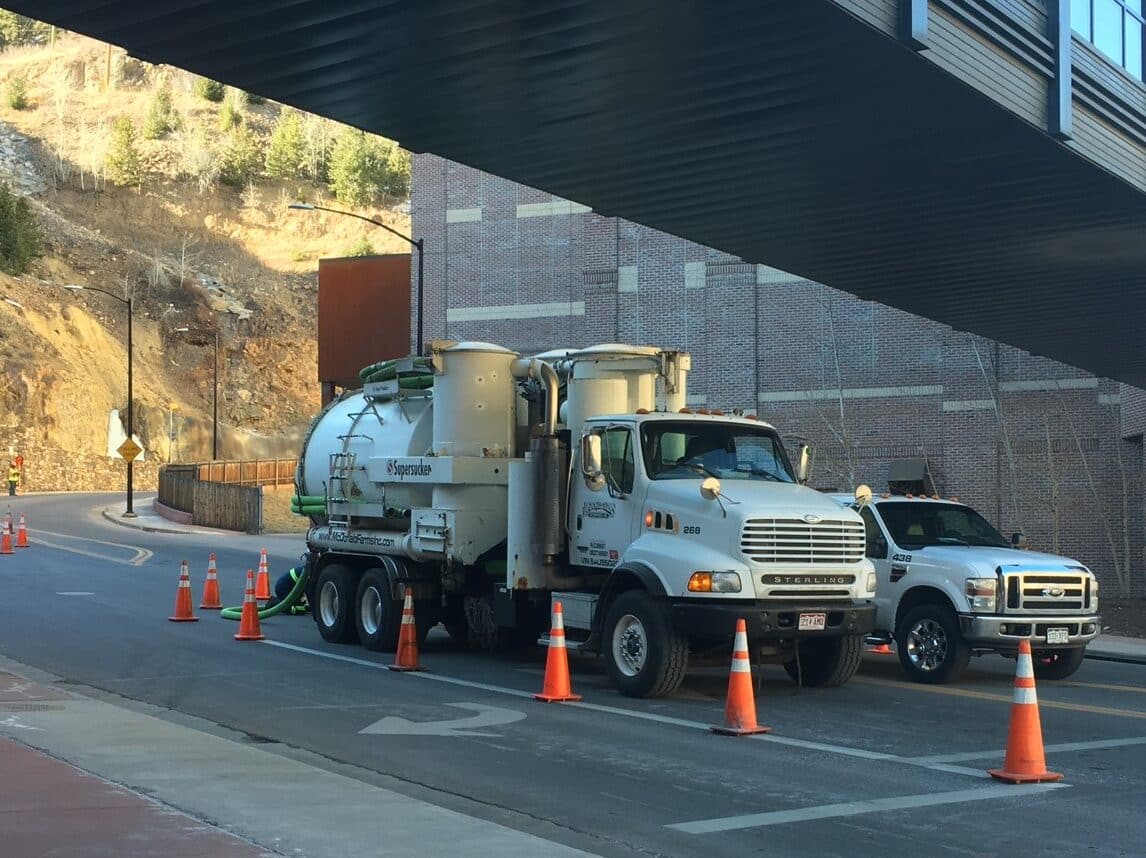Managing liquid waste effectively is a vital aspect of maintaining environmental health and safety. In Colorado, specific regulations govern the management and disposal of liquid waste, including grit trap pumping and grease trap cleaning. This article aims to provide a detailed understanding of these regulations, emphasizing the importance of regular maintenance and cleaning in waste management systems.
The Importance of Liquid Waste Management
Liquid waste management is crucial for several reasons. Proper management ensures that waste does not contaminate water sources, harm wildlife, or pose health risks to humans. It also helps maintain the efficiency of waste management systems, such as lift stations, which are essential in transporting wastewater to treatment facilities.
The Role of Lift Stations
Lift stations play a critical role in waste management systems. They are designed to move wastewater from lower to higher elevations, especially in areas where the natural flow of sewage is not sufficient to transport it to a treatment facility. Regular maintenance and cleaning of these stations are crucial to prevent blockages and mechanical failures, which can lead to costly repairs and environmental hazards.
Colorado’s Liquid Waste Regulations
Colorado has implemented specific regulations to ensure the safe and efficient management of liquid waste. These regulations cover various aspects of waste management, including the operation of grit traps and grease traps, which are essential in preventing solids and fats from entering the wastewater system.
Grit Trap Pumping
Grit traps are designed to capture sand, gravel, and other heavy solids that can accumulate in wastewater. In Colorado, regular grit trap pumping is mandatory to prevent these solids from damaging waste treatment equipment or clogging sewer lines. The frequency of pumping depends on the volume of waste generated, but it is generally recommended to conduct this maintenance every few months to ensure optimal performance.
Grease Trap Cleaning
Grease traps are crucial in capturing fats, oils, and greases (FOG) from kitchen wastewater. In Colorado, businesses such as restaurants must perform regular grease trap cleaning to prevent FOG from entering the sewer system, which can cause severe blockages. Regular cleaning not only complies with regulations but also extends the life of the grease trap and reduces the risk of costly plumbing issues.
Best Practices for Liquid Waste Management
Implementing best practices in liquid waste management can significantly enhance the efficiency and reliability of waste systems. Here are some recommendations:
Regular Maintenance and Cleaning
Routine maintenance and cleaning are the cornerstones of effective waste management. For lift stations, this includes inspecting pumps and controls, checking for blockages, and ensuring that all components are functioning correctly. Regular grit trap pumping and grease trap cleaning are also essential to prevent build-up and maintain compliance with Colorado regulations.
Employee Training
Training staff on the importance of waste management practices is crucial. Employees should be well-versed in the procedures for maintaining lift stations and the regulations governing grit and grease traps. Providing clear instructions and practical examples can help ensure that the team understands their responsibilities and the impact of their work on the environment.
The Environmental Impact of Poor Waste Management
Neglecting regular maintenance and cleaning can have severe environmental consequences. Blockages in waste management systems can lead to overflows, contaminating local water bodies and harming aquatic life. Additionally, the release of untreated waste into the environment poses significant health risks to nearby communities.
Case Study: The Impact of a Blocked Lift Station
Consider a scenario where a lift station becomes blocked due to a lack of maintenance. The blockage causes wastewater to overflow, contaminating a nearby river. This affects the water quality and disrupts the ecosystem, harming fish and other aquatic organisms. The cost of cleaning up the spill and repairing the lift station is significant, highlighting the importance of regular maintenance.
Ensuring Compliance and Efficiency: How McDonald Farms Can Solve Your Liquid Waste Management Challenges
Navigating the complex landscape of liquid waste management regulations in Colorado requires diligent attention to detail and strict adherence to local and state guidelines. Staying compliant helps preserve our environment and ensures that your business operations continue smoothly without legal hindrances. Understanding how these regulations affect your facilities and waste management practices is critical.
Routine maintenance is vital for those who manage grease traps, grit traps, septic tanks, or lift stations to prevent system failures and potential environmental contamination. However, maintaining these systems in compliance with stringent regulations can be challenging. That’s where McDonald Farms excels — we bring extensive experience and a commitment to quality service, ensuring that your waste management systems are compliant and optimized for performance and longevity.
We understand the intricacies of liquid waste management, and our team is equipped with the knowledge and tools needed to provide superior service. Whether it’s routine maintenance, emergency services, or compliance advisories, McDonald Farms is here to support your business. Don’t let the complexities of regulation and maintenance overwhelm you. Contact McDonald Farms for dependable, expert assistance in managing your liquid waste systems efficiently and effectively.

